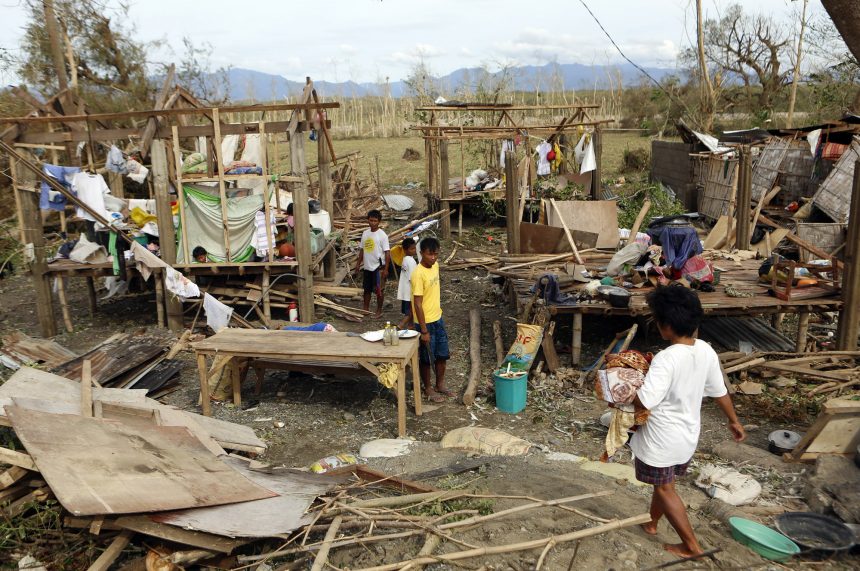Andrew Kruczkiewicz, a meteorologist and senior staff researcher at the Columbia Climate School, has dedicated much of his career to understanding and addressing extreme weather events. His work involves applying climate and weather data to reduce disaster risk and facilitate humanitarian action, particularly in his role as a long-term collaborator with humanitarian agencies like the Red Cross.
In a recent Q&A, Kruczkiewicz emphasized the importance of utilizing forecast data to anticipate and prepare for disasters, rather than solely responding to them after the fact. He highlighted the need for greater consideration of vulnerable populations’ ability to take recommended actions in the event of extreme weather. Kruczkiewicz outlined his work with the Red Cross Red Crescent Climate Centre, explaining that it involves translating complex climate science into practical applications and providing technical support and expertise to enhance disaster preparedness and response.
Kruczkiewicz also shared his experience working in Mongolia, where he helped design standard operating procedures for an early warning system to mitigate the impact of severe cold snaps on livestock. He emphasized the value of tailoring forecast-based financing programs to specific local conditions, as seen in Mongolia and Ecuador, and stressed the need for humanitarian action to adapt to the impacts of a warming planet.
Looking ahead, Kruczkiewicz expressed the need for a greater focus on understanding the possible humanitarian impacts in a post-1.5°C world. He announced plans for a workshop to identify priorities and better comprehend the socioeconomic risks associated with climate change from a scientific perspective. This workshop will lay the groundwork for evolving humanitarian action to address the challenges posed by a changing climate.






